Media Statement
Festive Season Road Safety Situation – still unsatisfactory
The Festive Season Road Safety Statistics have been announced by the Minister of Transport, Mme Dipuo Peters. Despite all the efforts to curb carnage on our roads the situation does not seem to have improved. For the period 1 December 2013 to 7 January 2014 there were a total of 1147 accidents nationally with 1376 fatalities.
Commenting on the results of the report, Innocent Jumo, President of the South African Road Federation (SARF) says: “We acknowledge that the figures announced by the Minister are only provisional, and that these figures do not take into account the 30-day period allowed in the international practice for people who die 30 days after the occurrence of the road accidents. We also accept the fact that the festive season is not yet over and that the statistics may change significantly. The SARF believes that the figures as announced are already unacceptably high, despite the possible further negative impact from the rest of the festive season, notably this coming weekend, and a concerted effort is required to reduce these numbers”.
Minister Peters has identified a number of causes of the fatalities, which include drunk driving, over-speeding, reckless overtaking, driver-fatigue, failure to use seatbelts and un-roadworthy vehicles. All these causes are controllable through education and effective law enforcement. Approximately 40 to 50% of the fatalities involved pedestrians, and alcohol is involved in many of these fatalities. Jumo comments: “In terms of law enforcement initiatives, a total of 845 road blocks were conducted during the period. However, it is alarming that 3 170 drunk driving arrests were effected during the festive season only”.
Overall, 2013 has seen a number of highly traumatic crashes involving buses and heavy vehicles. The Fields Hill heavy vehicle carnage where 24 people perished and the bus crash in which seven young women were amongst the ten people who died in the accident near Melmoth, are but two grim examples of the extent of the challenges regarding road safety. “Today should be the day on which we commit to monitor our roads on a daily basis and intensify our actions to deal with peak seasons,” said Minister Peters at the briefing.
Pedestrian safety
Pedestrian safety infrastructure projects are mentioned in the report. However the SARF strongly advocates that a funded programme to provide safe infrastructure needs to be initiated as an incentive to authorities to develop safety master plans. This will also encourage authorities to endorse the UN Decade of Action for Road Safety programme. “The creation of safe environments for pedestrians through the concept of “complete streets”, where the road environment is adapted to be more pedestrian and cycle friendly is also strongly advocated and should be encouraged by government” says Jumo.
National Road Safety Strategy
Minister Peters also alluded to the S’hamba Sonke grant which is provided to provinces for the maintenance of roads. SARF agrees that the programme needs to be tightened up as the conditions of some of the roads are in a state of disrepair. Jumo comments: “The importance of proper road maintenance from a road safety point of view is very often underestimated and underplayed. There is no doubt that there is a relationship between the condition of the road and road safety”. SARF calls on the Minister to finalise the National Road Safety Strategy and roll it out to all the relevant government bodies.
Road safety will only be improved if:
- There is effective and focused law enforcement on critical areas such as drunk driving, over-speeding, reckless driving, moving violations with the aim to improve irresponsible and disrespectful human behaviour;
- There is strict enforcement with regard to un-roadworthy vehicles, unlicensed and overloaded vehicles;
- Safe road infrastructure is provided for both motorist, pedestrians and cyclist; and
- Infrastructure is maintained to prevent dangerous road conditions.
SARF is well equipped and will endeavour to assist government, the private sector and other non-governmental organisations to improve road safety through awareness programmes, training and conferences to share best practices and actions which have been successful in improving road safety. SARF thus welcomes the announcement by the Minister of Transport, of the imminent formation of the Road Safety Advisory Council.
